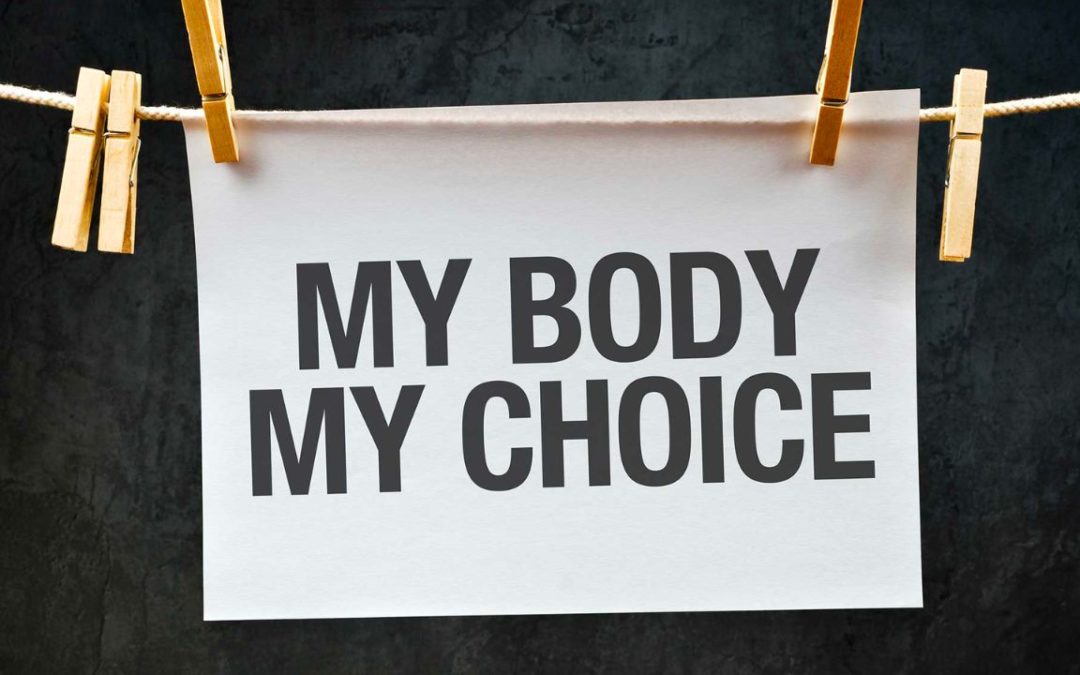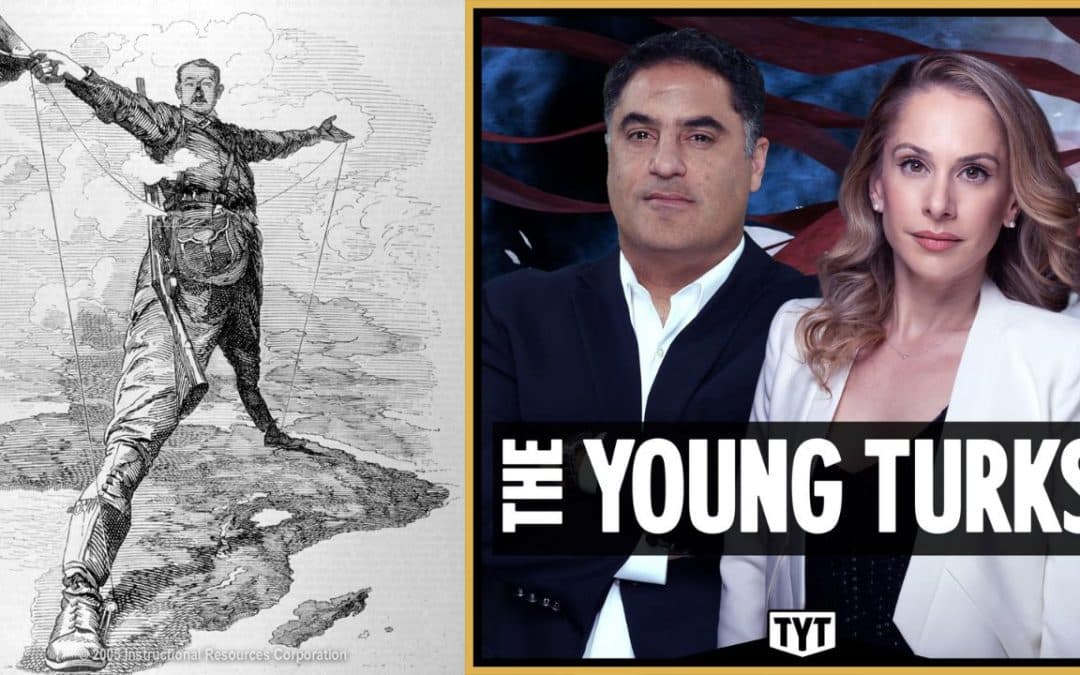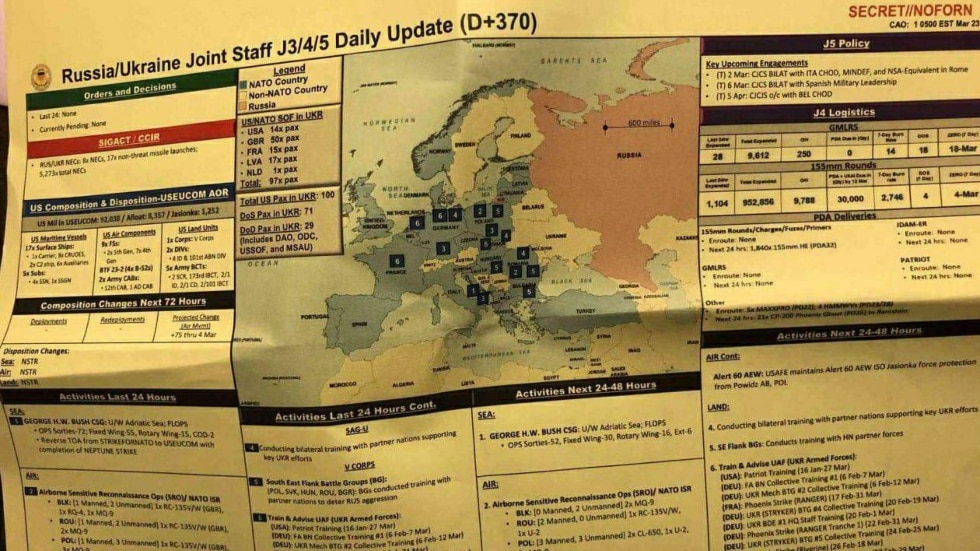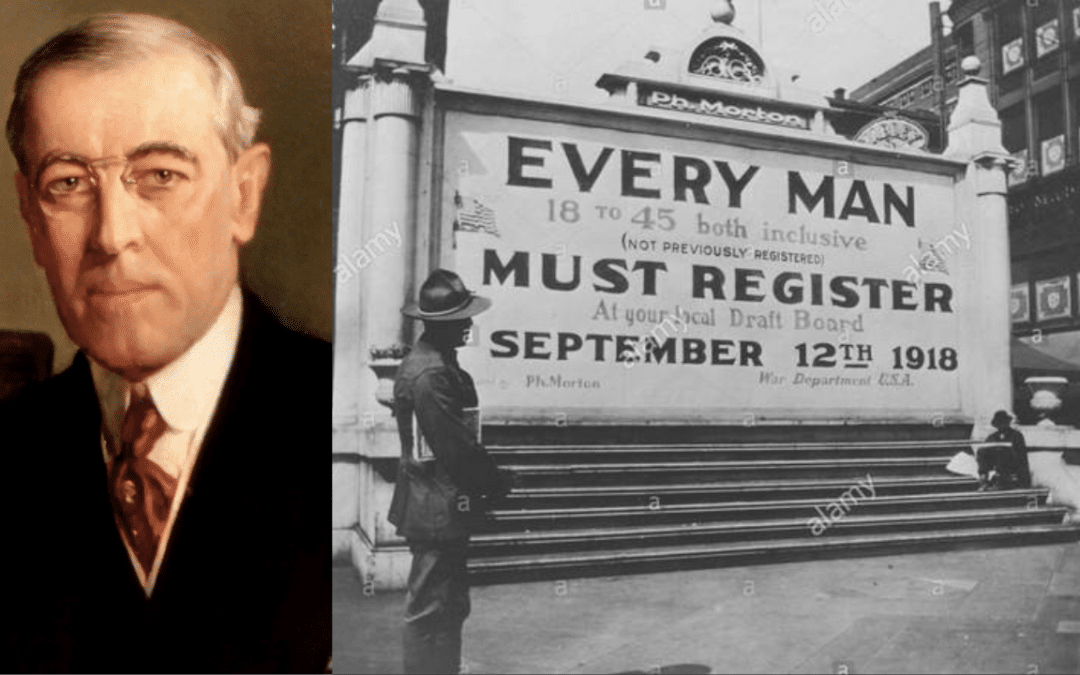The most immediate effect of licensing is to restrict the number of practitioners because of the higher entry costs involved in meeting the qualifications of the activity. Some licenses, as in the cases of cosmeticians and barbers, require many months of schooling. Others require the installation of costly health and safety equipment. Still others demand the purchase of the license or “certificate of authorization” from an incumbent practitioner that can cost millions of dollars, as was the case when interstate trucking was highly regulated. Further, some jurisdictions issue only a fixed number of licenses or authorizations. All of these requirements raise the cost of entry, which naturally leads to a smaller number of practitioners.
Restricting that number is only the initial effect of licensing. A secondary effect is that the price of the good or service offered is higher than it would otherwise be. The result of restricting entry to a business or occupation, and probably the primary intent of licensing, is to raise the incomes of incumbent practitioners. Evidence supports this self-interested behavior: (1) most licensure laws are the result of intense lobbying by incumbents, not of consumers demanding more protection from incompetent or unscrupulous practitioners; (2) when incumbents in an unlicensed trade lobby for licensing (or when those in one already licensed lobby for higher entry requirements) they virtually always seek a “grandfather” clause that exempts them from meeting the new requirements, leaving the burden of the higher entry costs to be borne mainly by new entrants; (3) practitioner violations of the licensing codes, such as price-cutting and extra hours, are nearly always reported to the licensing board by the incumbents rather than by customers.’
– Walter E. Williams, Ph.D., Race and Economics














